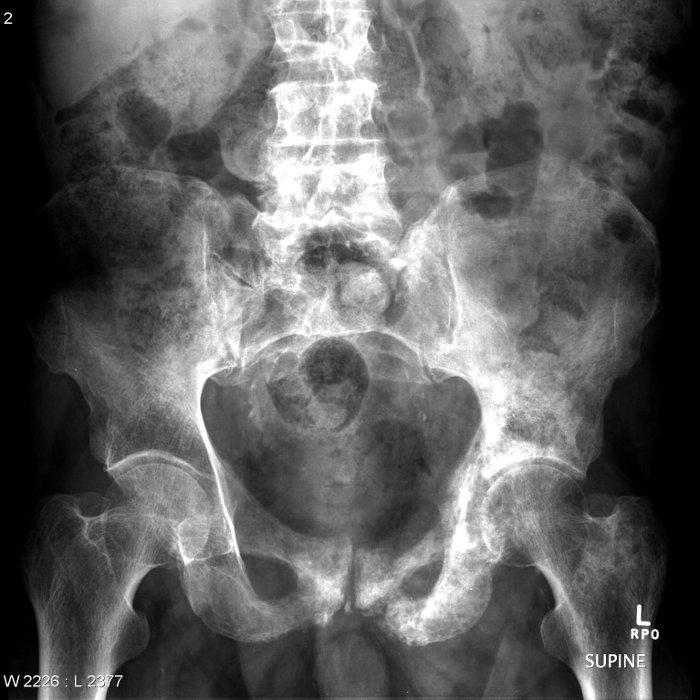AI trained on prostate cancer
 AI can now diagnose and identify cancerous prostate samples as accurately as a professional pathologist.
AI can now diagnose and identify cancerous prostate samples as accurately as a professional pathologist.
Chinese scientists and clinicians have developed a learning artificial intelligence (AI) system for diagnosing and identifying cancerous prostate samples.
Its high rate of success creates the possibility of streamlining and eliminating variation in the process of the cancer diagnosis.
It may also help overcome any local shortage of trained pathologists. In the longer term, it may lead to automated or partially-automated prostate cancer diagnosis.
Prostate cancer is the most common male cancer, with around 1.1 million diagnoses ever year, worldwide.
Confirmation of the diagnosis normally requires a biopsy sample, which is then examined by a pathologist.
Now an AI learning system has shown similar levels of accuracy to a human pathologist.
In addition, the software may accurately classify the level of malignancy of cancer, so eliminating the variability which can creep into human diagnosis.
“This is not going to replace a human pathologist,” said research leader Hongqian Guo.
“We still need an experienced pathologist to take responsibility for the final diagnosis. What it will do, is help pathologists make better, faster diagnosis, as well as eliminating the day-to-day variation in judgement which can creep into human evaluations.”








 Print
Print